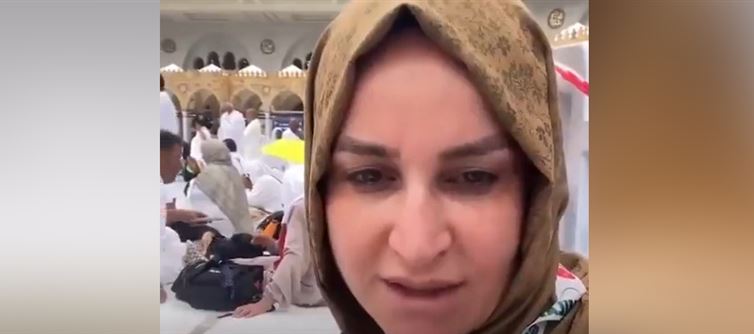
Saudi Arabia’s suppression of pro-Palestinian symbols stands in sharp contrast to the widespread and often disruptive political demonstrations allowed in many Western countries. In cities across europe and North America, large-scale protests in support of palestine have become increasingly common, sometimes resulting in street closures, confrontations, and even clashes with police. While these expressions are typically protected under freedom of speech and assembly laws, critics argue that some demonstrations have crossed into radicalism, inciting hate or glorifying violence. Still, Western governments have largely tolerated these gatherings in the name of civil liberties, even as tensions rise between different communities.
This disparity reveals a complex global landscape in how support for the Palestinian cause is policed or permitted. In Saudi Arabia, a nation that publicly claims to support Palestinian rights, symbolic acts of solidarity are tightly restricted — especially in religious contexts — to preserve the apolitical nature of pilgrimage. Meanwhile, in liberal democracies, where freedom of expression is a protected right, pro-Palestinian activism is often given a wide berth, even when it becomes controversial. The result is a paradox: authoritarian regimes suppress overt support for palestine to maintain control and neutrality, while democracies struggle to balance free speech with social order. For many observers, this raises questions about authenticity, consistency, and the real motivations behind state-level positions on the Israeli-Palestinian conflict.




 click and follow Indiaherald WhatsApp channel
click and follow Indiaherald WhatsApp channel